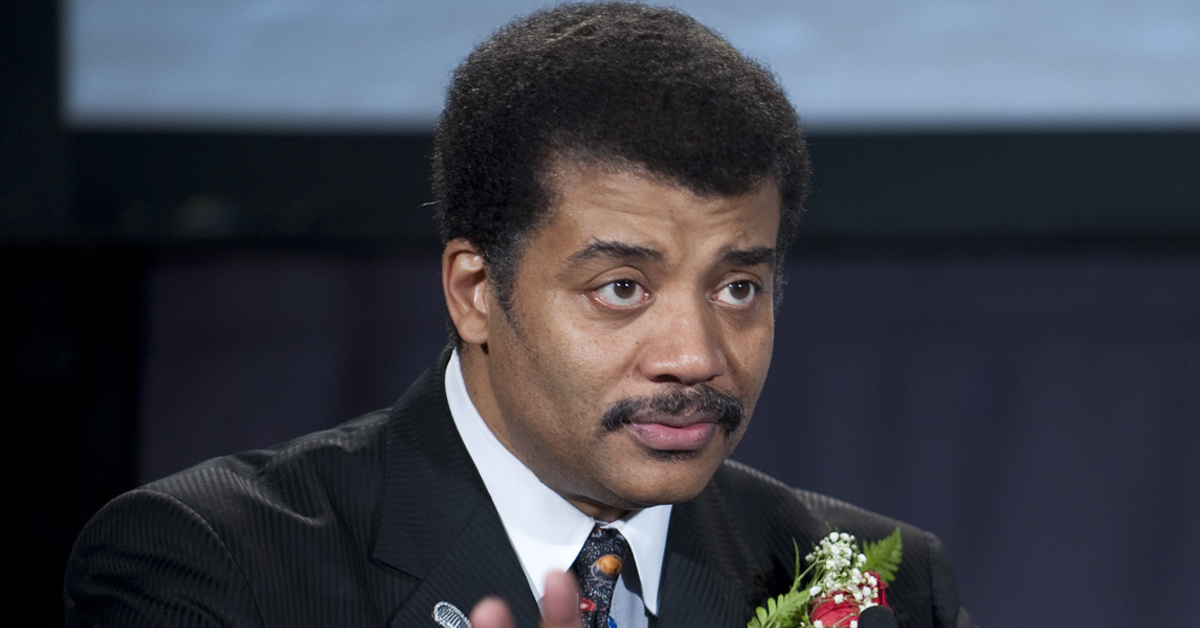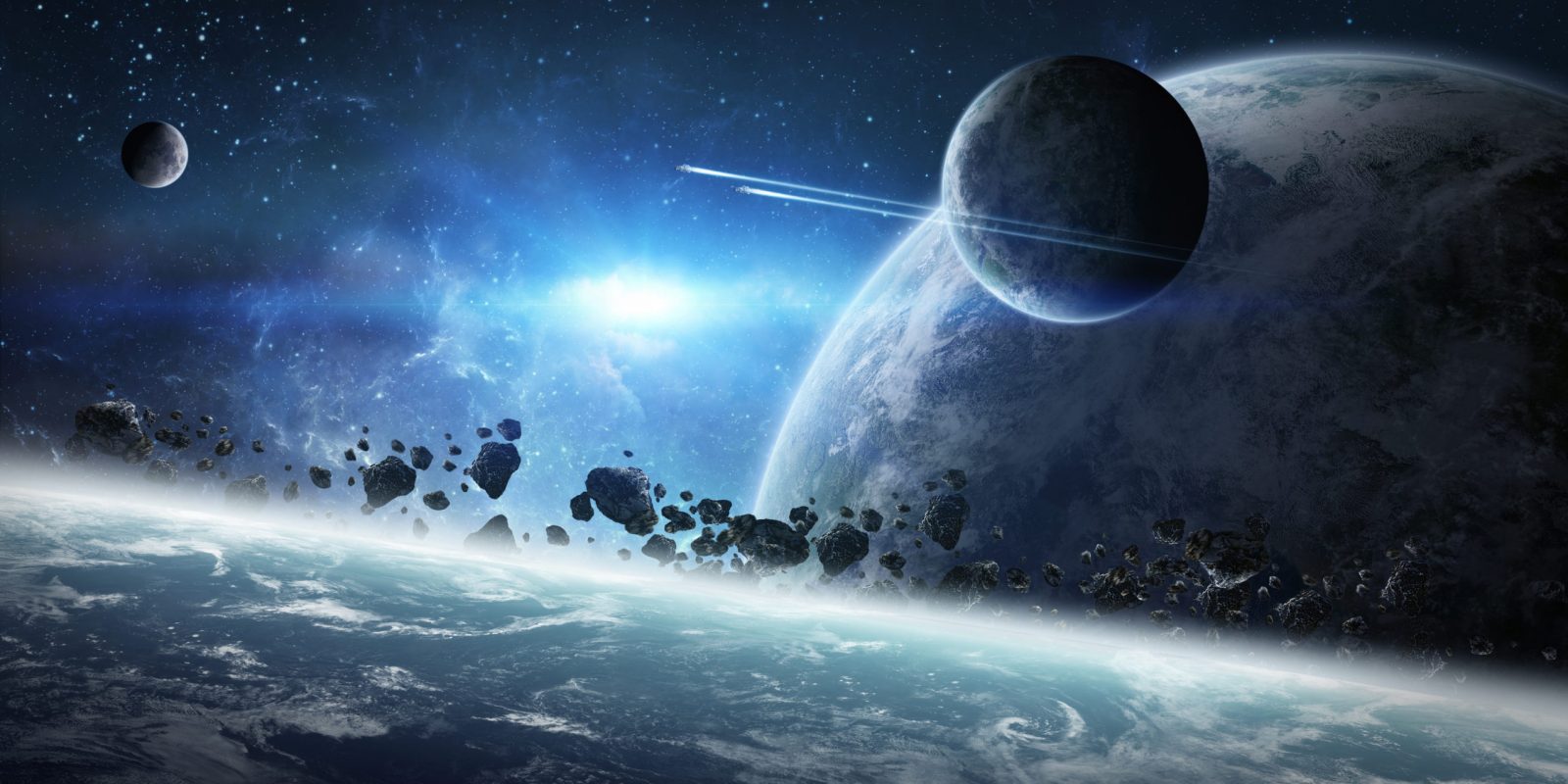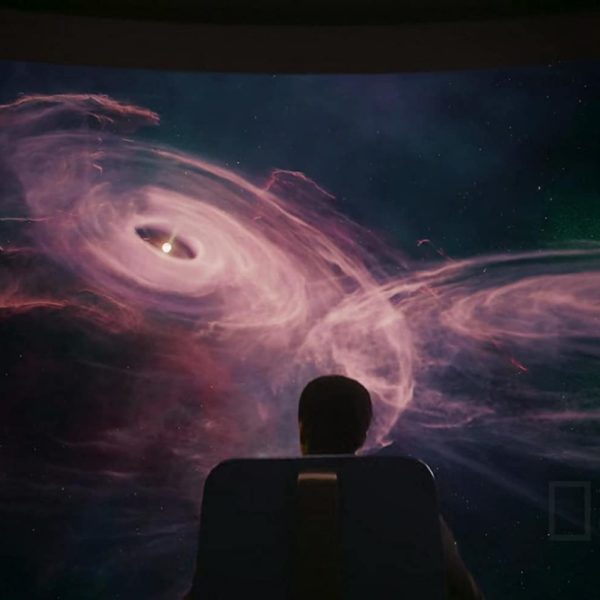
Cornelius Hunter on the Determinedly Determinist
On this ID the Future Cornelius Hunter discusses the controversy over determinism and free will. Joined by host Michael Keas, Dr. Hunter, a specialist in biophysics and computational biology, takes listeners all the way back to Aristotle, then to Newton, then to Pierre-Simon Laplace, who theorized that a sufficient computation could determine the future based on just the universe’s initial conditions and the laws of nature. Laplace was a physical determinist, in other words, one who holds that the laws of nature determine everything. That includes human choices, which determinists today, such as German theoretical physicist Sabine Hossenfelder, take to be merely an illusory experience. But it’s “an irrational rejection of evidence” on their part, Hunter argues; evidenced by how blithely they sweep it aside.


